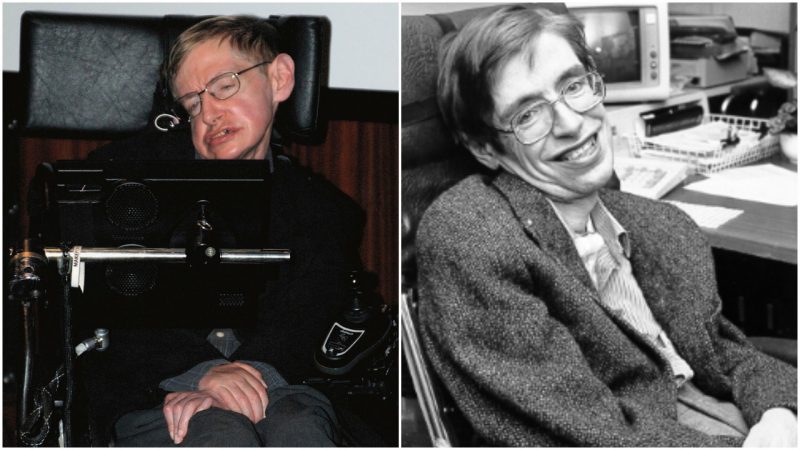Stephen Hawking, who died on Wednesday, March 14, at the age of 76, was one of the greatest minds of our age, an intellectual descendant of science’s giants like Galileo, Newton, Kepler, and Einstein. He was a theoretical physicist and cosmologist whose research broadened humanity’s understanding of quantum mechanics and the nature of the universe.
Throughout his life, he received 13 honorary degrees from esteemed universities around the globe and was awarded a number of prestigious awards for his scientific achievements, such as the Copley Medal and the Fundamental Physics Prize.
It seems that the universe somehow predicted Hawking’s future in science: He was born on January 8, 1942, exactly 300 years after the death of Galileo Galilei, the visionary scientist whose revolutionary experiments and ideas laid the foundation for the development of many contemporary fields of science, including quantum mechanics and theoretical physics, Hawking’s principal fields of interest.
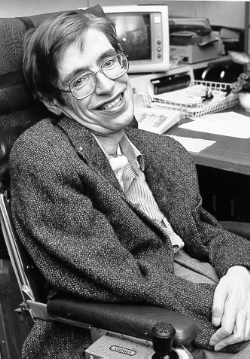
When he was 21, he was diagnosed with amyotrophic lateral sclerosis (ALS), also known as motor neurone disease, a severe neurological disease that gradually paralyzed him. Since the early 1970s he was confined to his wheelchair, but the condition didn’t hinder his scientific progress–he continued developing his ideas, giving lectures, and publishing essays on his groundbreaking findings.
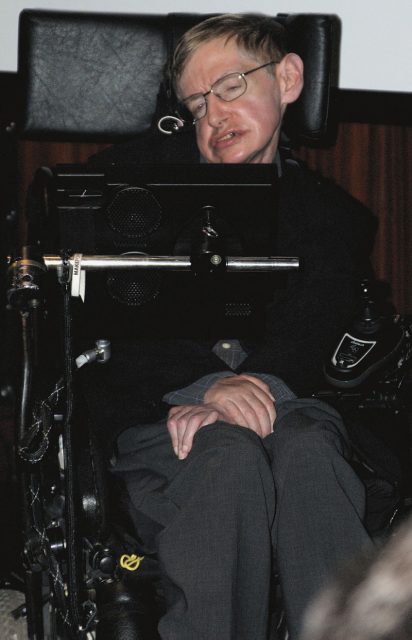
At first, he withdrew from the public spotlight and refused to speak about his condition, but in the 1990s he became an emissary of the disabled who often pointed out that disabled people shouldn’t quit pursuing their goals and dreams. Also, when the disease caused his speech to fail, he collaborated with a number of renowned computer engineers and neuroscientists to develop a device which talked instead of him.
Aside from his unparalleled intelligence, he was also known for his exceptional wit and a great sense of humor. For example, in 1992, he stated that time travel into the past is impossible, and in June of 2009 he decided to test his assumption in a rather unconventional way.
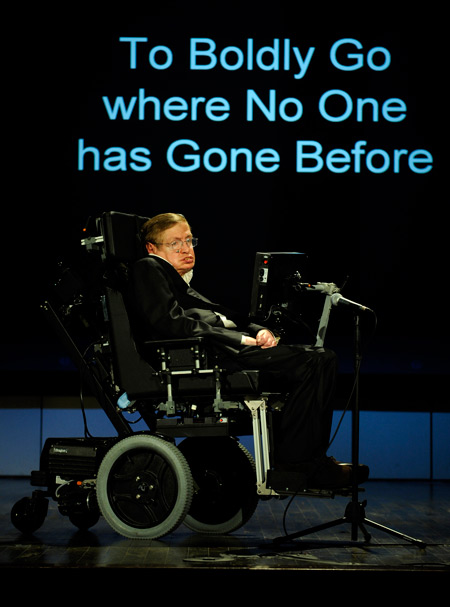
Namely, he organized a party that was open to everyone: the party was held at his home and included cocktails, iced champagne, and various kinds of canapes. However, Hawking was the only person present. He publicized the party a day after it took place, because he wanted to ensure that only time travelers knew about it. Since nobody came to the party, he concluded that time travel into the past is indeed impossible.
Furthermore, although he usually appeared on TV to deliver lectures on complex and often controversial scientific themes, he also appeared in some of his favorite TV shows. In an episode of Star Trek: The Next Generation he played poker with the greatest scientific minds in the history of humanity: Isaac Newton, Albert Einstein, and Commander Data.
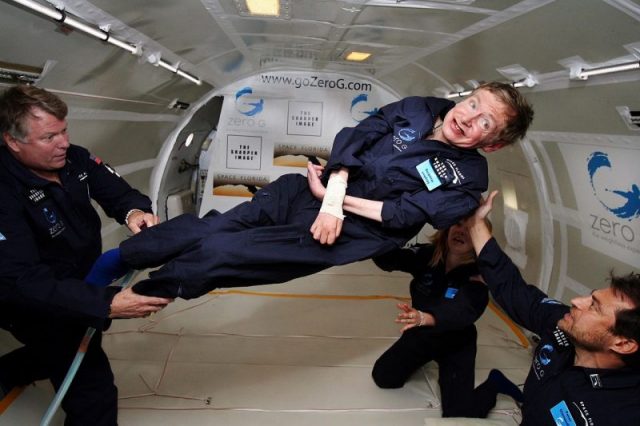
More recently, he appeared in an episode of the popular science-oriented sitcom The Big Bang Theory, which took the name from the cosmological theory which he vigorously supported. In the episode, he delivered tongue-in-cheek punchlines and scolded the series’ most memorable character, the weird yet charming young scientist Sheldon Cooper.
Incidentally, Stephen Hawking died exactly 139 years after the birth of Albert Einstein, the German-born theoretical physicist who developed the theory of relativity and was arguably the greatest scientist of the 20th century. It seems that Hawking’s life was marked by science.
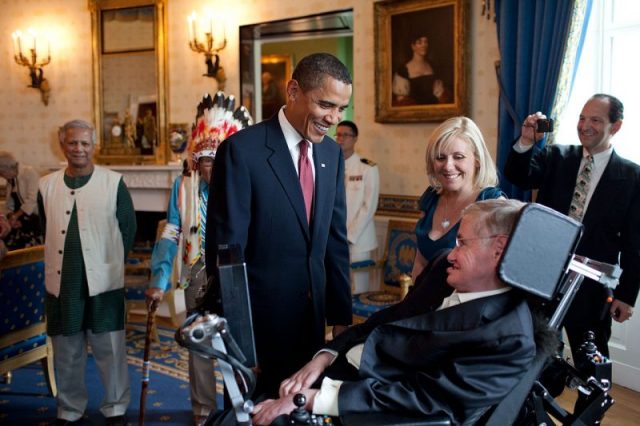
He devoted most of his life to the pursuit of knowledge and the understanding of the great mysteries of our world, and both the date of his birth and the date of his death were marked by the names of two pioneers of science.
He will be undoubtedly remembered as one of the greatest minds of our time and his visionary work is destined to inspire future generations of scientists, philosophers, and all people who seek the answers to the questions which are currently unanswerable.
